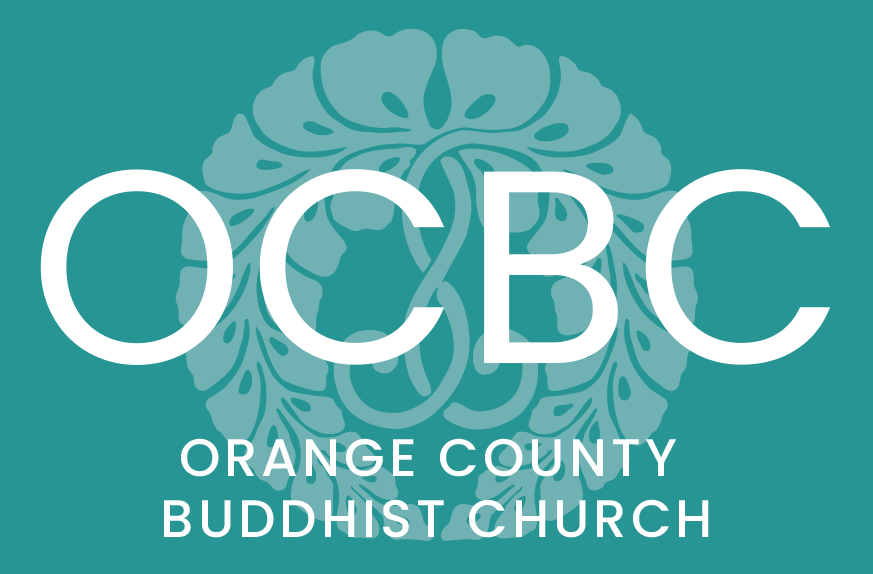Dr. Taitetsu Unno’s Prologue from Gyodo Haguri’s The Awareness of Self (1967)
This month please reflect on Dr. Taitetsu Unno’s Prologue from Gyodo Haguri’s The Awareness of Self (1967), which is now available as a Kindle eBook.
Dr. Taitetsu Unno
“In the deepest heart of hearts all men seek ‘the still point of the turning world’ within themselves. This still point, this center within, may be called by various names—inner security, spiritual equilibrium, individuation, satori, or faith—but it is the timeless and primeval longing of man to become authentic, whole, and complete in himself. In a sense, history is man’s stumbling quest for this inner fulfillment, although his attempts have been hidden behind more dramatic events, harassed by calamities and holocausts, and obstructed by his own blind ignorance. And yet the search goes on, and man unconsciously gropes towards self-awareness.
“The daily activities in the morning of life—schools and friends, club and church, hobbies and vacations, dances and outings—become enriching, unforgettable experiences, only as we awaken to the importance of self-awareness and give some thoughts to this ultimate task in life. When this concern with our essential need is neglected, our youthful pursuits become mere agitations of the heart and a source of endless frustrations.
“Once a group of thirty young men and women were enjoying a picnic, when suddenly they realized that one of the girls was missing. She had disappeared with the valuables, and the others immediately began a search for her. When they came upon the Buddha, seated in meditation under a nearby tree, they asked him if he had seen a young woman run this way with their belongings. The Buddha looked at the group and asked, ‘Oh young people, which is more important, to seek the woman or to seek the self?’
“As we grow into full maturity in the afternoon of life, we become increasingly aware of the need for this center within ourselves, because life becomes more complex in our responsibilities to family and society, in our emotional relationships with our loved ones, and in the doubts concerning the meaning of life. Lacking this center within, we fail to discharge our responsibilities, we commit blunders in expressions of affection, and we lose confidence as to the purpose of our existence.
“Dōgen, a great thinker of thirteenth century Japan, summarized the Buddhist teachings in a single paragraph: ‘To seek the way of the Buddha is to seek the self. To seek the self is to forget the self. To forget the self is to have things as they are prevail in you. To have things as they are prevail in you is to let go of self-centered attachments to your own body and mind, as well as the body and mind of others.’
“In the evening of life this still point, this center within, glows to become the source of quiet serenity, inexpressible fulfillment, and deep gratitude to all existence. We grow old gracefully as all living things do, we live each moment without regrets or bitterness, and we face illness and death with a certain measure of wisdom. But when this center is missing, life becomes like a broken record, repeating the song of empty hopes and unfulfilled dreams that have been the lament of unenlightened mankind throughout the ages.
“In spite of countless persecutions, forced loneliness, and constant privation, Shinran, a contemporary of Dōgen and the founder of Shin Buddhism, could write with deep gratitude for a full life of 90 years: ‘When I ponder on the timeless concern of true compassion, I realize it is for myself, Shinran, alone.’
“The teachings of the Buddha are guideposts for the young and old alike who seek ‘the still point of the turning world’ within themselves, and [Haguri Sansei’s] book describes a preliminary process whereby countless men and women in the past and present have eventually come to realize the way to that still point within. This book is written with the explicit purpose of stimulating self-awareness—for that is the point of departure for any discussion of Buddhism—but it should always be remembered that it is only by virtue of true compassion that authentic self-awareness is realized. If any stage of self-awareness is thought to be due to one’s intelligence or cleverness or effort, it is not self-awareness but self-conceit…. If you understand and live what is written in these pages, then you have taken the first step toward the Buddhist way of life.
“This book has been written out of our deep concern for the future of Buddhism. As Rennyo, the eighth successor to Shinran states, ‘The vitality of a church is not determined by the largeness of the congregation nor by the impressiveness of its external forms. The vitality of a church is determined by the addition of even one man of faith.’ Such a man of faith is born from the ultimate concern with his unrepeatable life—that it may be meaningful, rich, and fulfilling.”
Gassho,
Jim Pollard


